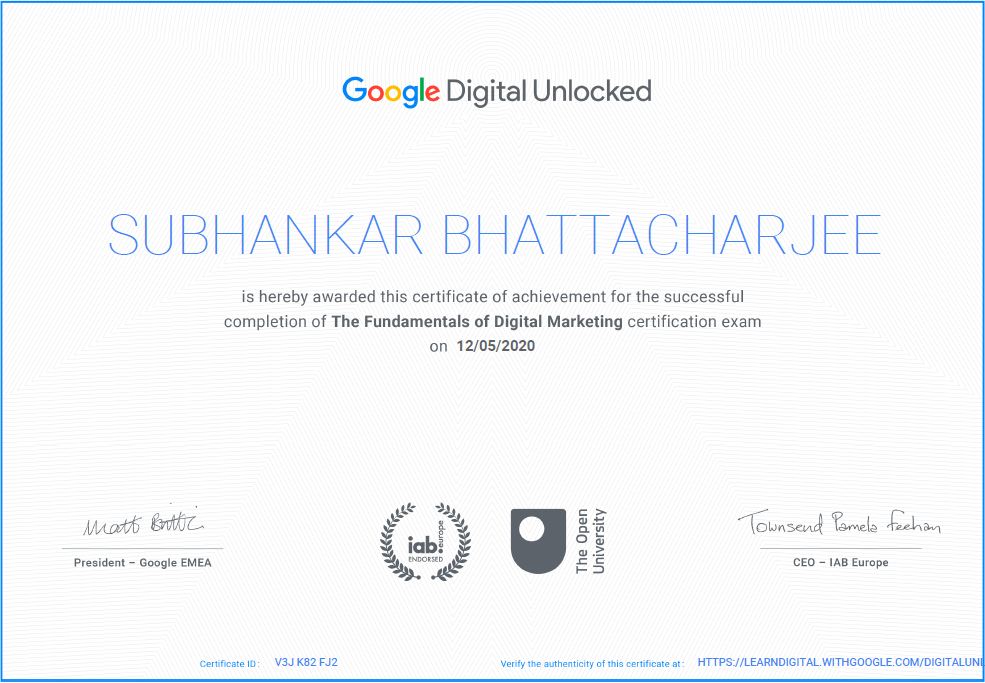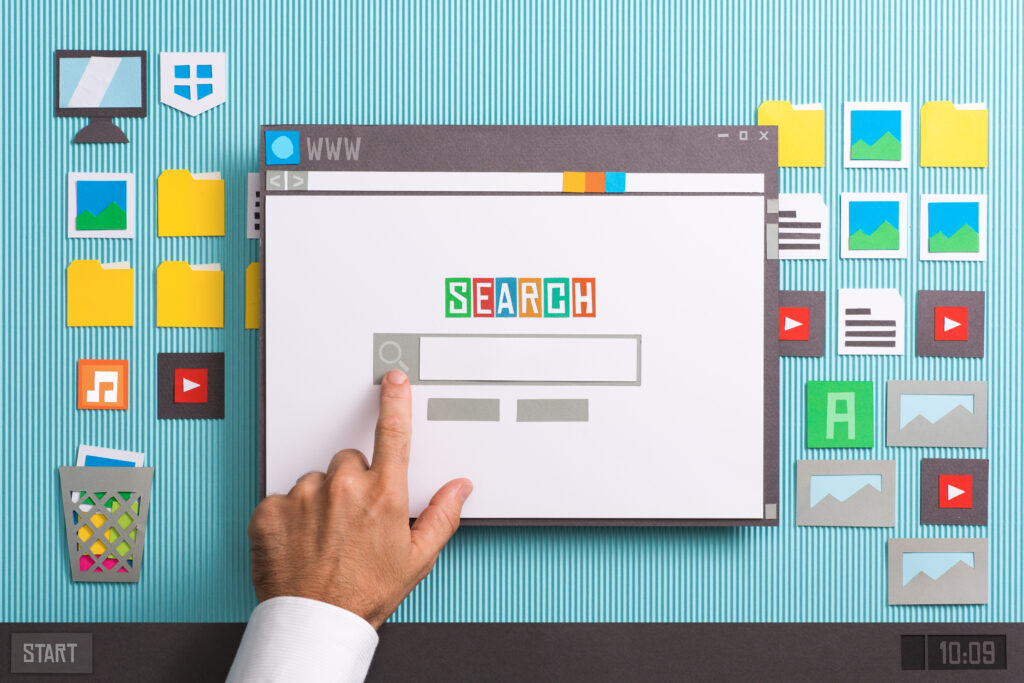“Beginners need to learn the subject before choosing a digital marketing career.” – Subhankar Bhattacharjee (A certified digital marketing consultant and an entrepreneurial philanthropist who also writes for Nature Talkies)
Digital marketing is defined as the “component of marketing that utilizes the internet and online-based digital technologies such as desktop computers, mobile phones, and other digital media and platforms to promote products and services.”
Traditional marketing, on the other hand, refers to a“kind of promotion, advertisement… … [that] includes print advertisements, billboards, flyers or pamphlets, TV, newspaper, radio, etc.”
Statistics show that over 70% of consumers want to learn about products online as opposed to traditional advertising methods.
Global figures indicate that circa 59% of the world’s is online or has access to the Internet via one or more devices like a smartphone, tablet, laptop computer, or desktop computer.
Ways to Improve your digital marketing skills
Therefore, it is logical to assume that the way forward for marketing is digital and not traditional marketing. Thus, the question that begs is how do you become an expert or a master at digital marketing?
By way of answering this question, let’s consider several ways to become a master of digital marketing:
Sign up for a professional course
A digital marketing course in India, like the one offered in partnership with S N Chatterjee and with BDN Groups, is a valuable starting point. Completing a course that offers a comprehensive overview of digital marketing as well as an in-depth study of the channels or sub-genres found within the digital marketing genre, is a useful way to build a solid foundation upon which to build a lucrative and successful career.
Keep up to date with the latest trends
It is essential to remain mindful of the fact that, in conjunction with the rapid technological advances, driven by the Fourth Industrial Revolution (4IR, or Industry 4.0), the digital marketing industry is a fast-paced, vibrant industry. Thus, to thrive in this industry, your skillsets need to continually evolve and develop.
For example, Google uses over 200 ranking factors when indexing websites and determine what their rankings should be on the Search Engine Results Page (SERP).
As an aside, January 2020 numbers show that there were circa 1,295,973,827 websites in the world. And, this number will keep on growing, especially as most of the world’s business organizations have pivoted the business operations online as a consequence of the COVID-19 pandemic that is sweeping the world.
Consequently, search engine indexing and ranking algorithms need to be very powerful to determine accurate website rankings. And, to ensure that your clients remain at the top of the SERP in their industry and location, you need to keep up to date with the latest marketing and technological trends.
Develop a personal brand
Alongside the need to develop a digital marketing brand in conjunction with a professional company, it is essential to develop a personal brand. It is vital that your company’s target audience sees you as a trusted source for all things digital marketing.
The Engagement Economy has arisen as the result of the ever-changing digital landscape. In other words, today’s “consumer craves brands that share their values and demonstrate that they understand… [the consumer] …at a personal level.”
Additionally, one of the 4IR developments has led to the “always-on” phenomenon where everyone and everything is connected. This has resulted in the need for brands to engage with consumers to find out what consumers require the brand. This engagement builds brand loyalty. And loyal customers will purchase the brand’s products.
Thus, developing a personal brand alongside your professional brand is an essential part of becoming a highly regarded, sought-after digital marketing professional.
Understand data
Angela Stringfellow defines data-driven marketing as “the process by which marketers glean insights and trends by analyzing company-generated or market data, then translating these insights into actionable decisions informed by the numbers.”
As highlighted above, consumers like personalized, targeted marketing messages. And, the only way to determine what the brand’s target audience wants is to utilize Big Data and business intelligence methodologies to collect enough data and analyze it to determine how to deliver engaging consumer-driven marketing messages.
Consequently, data-driven marketing needs to be an essential aspect of all successful digital marketing campaigns.
Final thoughts
As the quotation by Subhankar Bhattacharjee highlighted at the outset of this article states, the beginner needs to learn the subject first so the marketers need to build a relationship with the brand’s target audience before the consumer will convert into a loyal, returning customer.
Without this relationship between the brand and its target audience, the company cannot hope to leverage positive sales and growth metrics.




